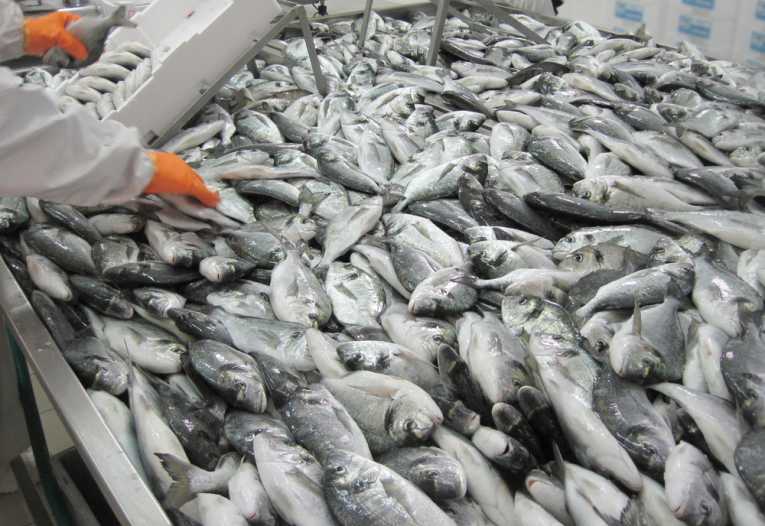A new study shows just how green farmed marine fish are. Organic labels were most accurate, but many eco-labels were little better than farmed seafood in protecting the environment, the report, from Canada's University of Victoria, found.
The report, How Green is Your Label? A Comparison of the Environmental Benefits of Marine Aquaculture Standards, from the British Columbia university's Seafood Ecology Research Group, aims to help seafood buyers find the seafood brands that cause least damage to the ocean.
The top performer was US National Organic Standard, which achieved 81% on the Global Aquaculture Performance Index criteria. Next was the Soil Association at 79%.
The worst-performers were AquaGAP at 50% and the retailer Marks & Spencer and Australia Certified Organic at 62%, the study says.
Lead author, John Volpe, Ph.D., a marine ecologist at the University of Victoria, says "Our research shows that most eco-labels for farmed marine fish offer no more than a 10 percent improvement over the status quo.
"With the exception of a few outstanding examples, one-third of the eco-labels evaluated for these fish utilize standards at the same level or below what we consider to be conventional or average practice in the industry."
Eco-labels are usually given based upon each farm's environmental footprint, but the effects of a large number of farms can reduce the benefits of single or small groups of farms, the research found.
The group assessed 20 eco-labels for marine farmed fish, including cod, salmon, grouper and turbot using 10 factors, such as the use of antibiotics and parasiticides, the effect of escaping farmed fish, sustainability and energy use for production.
The study was backed by Pew Environment Group and reviewed by independent specialists. It employed quantitative methods from last year's Global Aquaculture Performance Index to assess performance.
Director of Pew's Aquaculture Standards Project, Chris Mann, says, "Eco-labels can help fish farmers produce and consumers select environmentally preferable seafood, but only if the labels are based on meaningful standards that are enforced.
"Seafood buyers at the retail or wholesale level should demand that evidence of sustainability be demonstrated, not merely asserted."
Effective eco-labels, along with regulation by government, should be used to minimise environmental impacts on farmed fish production, the report concludes.
Almost half the world's seafood is grown on fish farms, according to the study. No data about freshwater farmed fish was included in the report.










